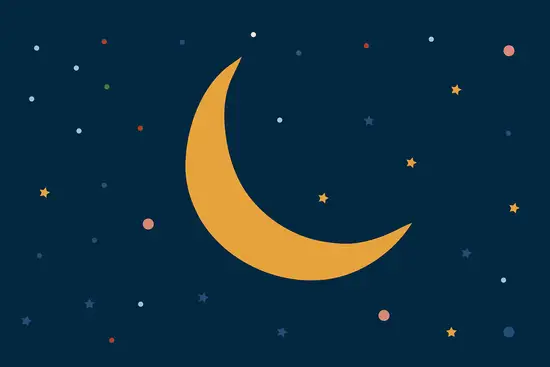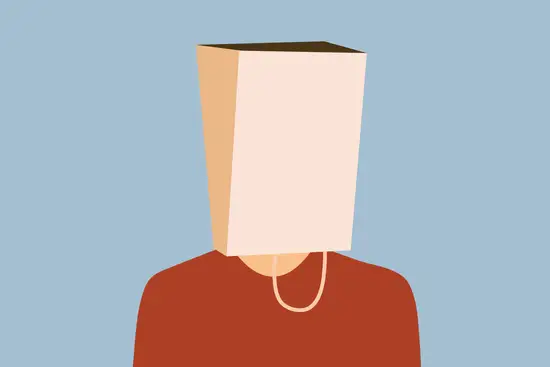Stress is a trigger for insomnia. People can find themselves awake at night unable to stop thinking, and then thoughts about how long they have left to get some sleep before they start to get up can take over – making it much less likely they’ll get any sleep at all.
Although we don’t know exactly why we sleep, we do know that not getting enough of it is bad for you. Sleep deprivation has been shown to affect attention, alertness and memory, and sleep has consistently been associated with reports of irritability and emotional volatility.
This means poor sleep can make it harder to cope. In fact, it is possible that poor sleep makes it harder for people to tell the difference between important and less important issues.
If you find yourself having a meltdown over something small, then there’s a chance lack of sleep could be the cause.
How are stress and insomnia linked?
Insomnia varies in how long it lasts and how often it occurs. It can be short-term (acute insomnia) or can last a long time (chronic insomnia). It can also come and go, with periods of time in-between when you have no sleep problems. Acute insomnia can last from one night to a few weeks. Insomnia is called chronic when a person has insomnia at least three nights a week for a month or longer.
Many people will experience periods where they find sleeping tough, but the problem occurs when it becomes chronic.
For many people a stressful period could be the trigger that stops them sleeping. This is normal. Stress is designed to help us cope when dealing with a short-term problem and this mechanism tends to work very well – it’s chronic stress which is the issue.
Usually, when the stressful event has passed, people find it easier to drift off again, but there is a possibility that the brain has become accustomed to sleepless nights and the problem can become chronic.
How lack of sleep affects your mental health
Lack of sleep doesn’t just affect your stress levels. Mental health problems and insomnia often come together. Around 70% of people who suffer from depression will also suffer from insomnia, and if their sleep problems aren’t treated they are less likely to respond to psychological therapy.
Lack of sleep has been shown to predict subsequent depression – you’re more likely to get depressed if you’ve slept badly in the past.
Insomnia is also part of diagnostic criteria for most mental health conditions so we know that it’s acknowledged as a contributory factor for most mental health problems.
Lack of sleep affects our mood. In a study carried out by Matthew Walker and colleagues, sleep deprivation was linked to a 60% amplification in the reactivity of the amygdala. The amygdala is associated with anger and rage. In children, sleeplessness has been linked to aggression and bullying. Suicidal thoughts during adolescence have also been strongly linked to sleep deprivation.
Furthermore, insufficient sleep is also associated with relapse in addiction disorders. It was a common belief, in the field of psychiatry, that mental disorders cause sleep disruption. However, recent research indicates that it could be a two-way street and regular sleep schedules have been shown to improve the health of those with bipolar disorder, for example.
A recent study showed that online CBTi not only improves sleep but can reduce depression, anxiety and even nightmares in patients.
What to do about a sleep problem
Most people don’t realise that you are not meant to use sleeping pills for longer four weeks at a time. Sleeping pills come with a whole range of risks including: dependence, withdrawal effects (including rebound insomnia), and tolerance.
The most effective treatment for chronic insomnia is Cognitive Behavioural Therapy for insomnia (CBTi) — the science behind Sleepstation. CBTi gives people techniques to control their sleep and change behaviours that could be disrupting their sleep.
Sleepstation is an online programme that helps people overcome insomnia in weeks.
Sleepstation is personalised, because everyone’s needs are different. Often the simplest changes that can have the biggest impact; knowing what changes to make and why can make all the difference.
Insomnia is a worldwide problem and we believe everyone should have access to the support they need to overcome it.
Complete a short questionnaire to find out how we can help.
Around 9/10 people who use Sleepstation get better and many start sleeping better within a few weeks.

